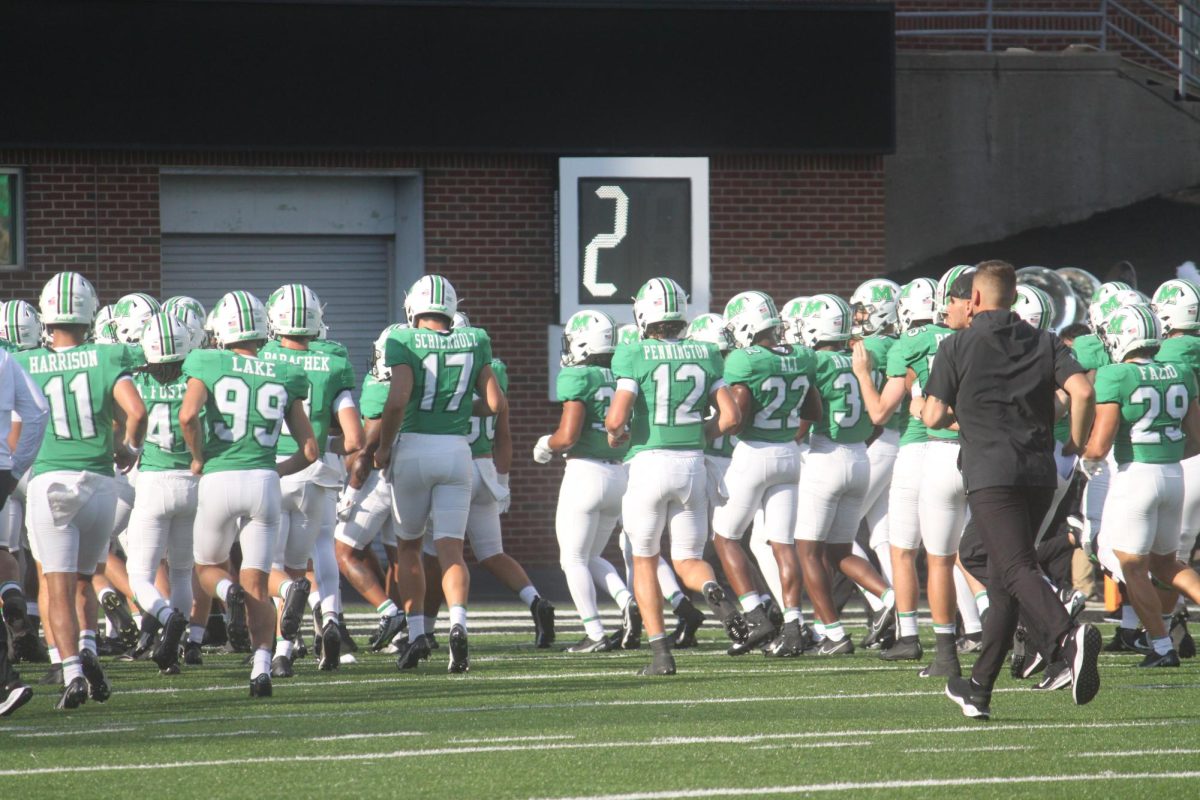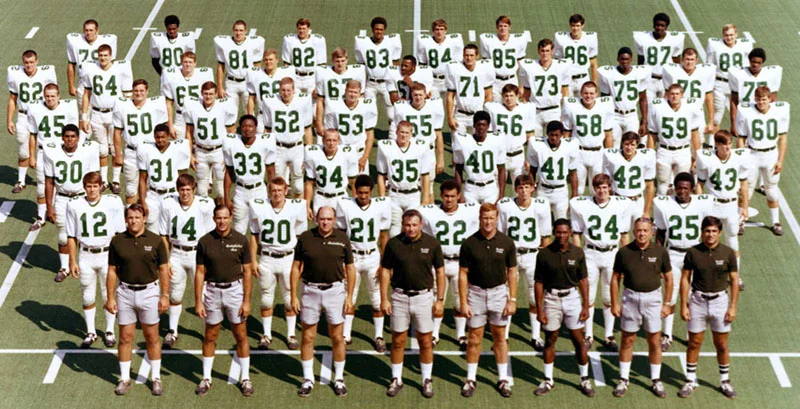Gender dynamics play a large role in the response to intimate nonfiction written by women writers both past and present, said one member of Marshall’s English department.
“With literary confession, in my opinion, gender politics are at play,” said professor Rachael Peckham, author and Hedrick Outstanding Faculty Award Recipient.
Peckham delivered a lecture on Thursday, March 28, titled “On the Art of Confessional Writing in the Age of Oversharing,” for the Artists, Scholars and Innovators Lecture Series to an audience gathered at Drinko Library. This event was sponsored by the Center for Teaching and Learning.
“Confessional writing elicits a strong reaction,” Peckham said. “For confessional writing, there are double standards across gender lines.”
Shewent on to say male writers historically would rarely receive a negative reaction or be categorized as “narcissists” within the genre.
“A man would receive the stamp of literary merit rather than have their work be labeled confessional,” Peckham said.
Peckham provided examples via the work of American essayist Phillip Lopate, who offered intimate details on his genitalia, and an unidentified writer who granted readers descriptions of childbirth.
“What I find uncomfortable is not his unabashed self-exposure but the judgment on womb-gazing and not penis-gazing,” shesaid.
Due to the lack of safe spaces, women bore more struggles in confessional and creative nonfiction writing, Peckham said.
“It creates anxiety in women’s work,” she said. “It limits the boundaries in women’s writing.”
Confessional writing has evolved in the modern era, particularly with the emergence of the term “oversharing,” she added.
Peckham described the relationship between confession and oversharing as “Not every confession commits an overshare, but every overshare is confessional.”
Meanwhile, one member of the audience said he felt particularly enlightened from Peckham defining confessional writing.
“Dr. Peckham’s lecture provided amazing insight into certain facets of nonfiction writing – also on the personal aspects of confessional writing and what that exactly means,” said creative writing major Bryson Denney.
Furthermore, Peckham said the history of the confessional does present some slight challenges in regards to teaching the memoir, personal essay and other forms of creative nonfiction.
“One thing is telling my students to think about their audience,” Peckham said. “However, how do we think about the audience without limiting the confessional?”
Peckham supplied the audience with a list of memoirs and personal essays from female writers who she often turns to, including “The Empathy Exams” by Leslie Jamison and “The Kiss” by Kate Chopin.
“These are all examples of how to artfully highlight intimate topics or topics that were previously considered taboo,” Peckham said.
Upon completing her lecture, Peckham afforded her audience the opportunity to compile a list of topics that they would never consider writing about.
“What are the silences that can’t be broken?” she said. “See if this backward maneuver might lead you into scenes and details you can handle in a short essay.”
Denney said this exercise was beneficial in fostering critical thinking.
“The exercise enlightened me on subjects I often struggle with,” Denney said. “It generated ideas about areas I could explore more in future pieces.”
Other members of the audience said the act of confessional writing remains a bit daunting.
“It’s about getting past my defense mechanisms,” said Joel Peckham, English professor,author and Rachael’s partner. “It’s hard to get past my own need to justify myself.”
Rachael Peckham went on to say this is an aspect she works on with her students.
“My students remind me why I love creative nonfiction,” she said.

























